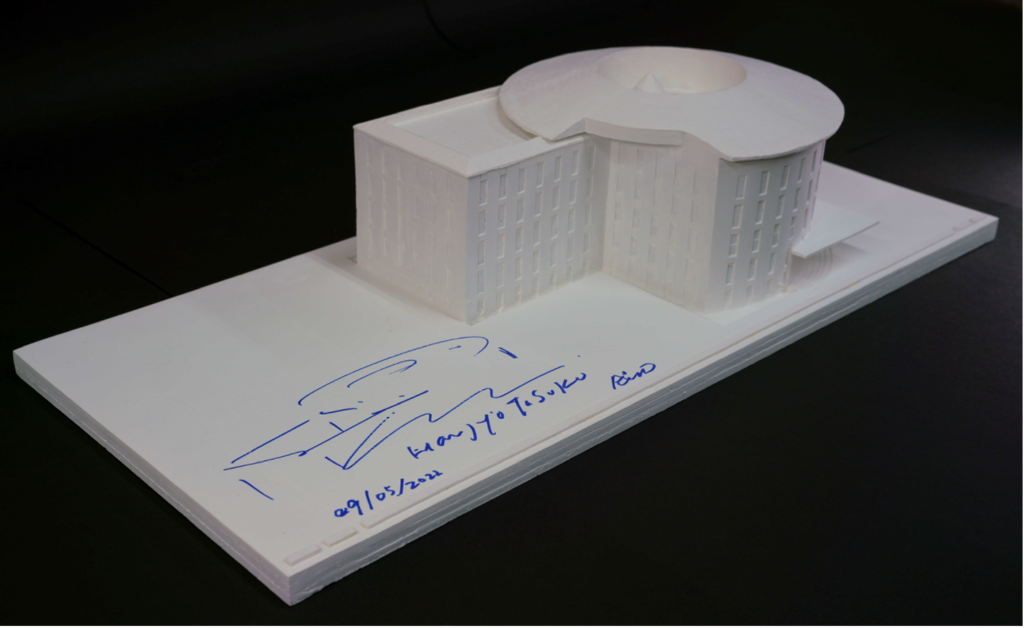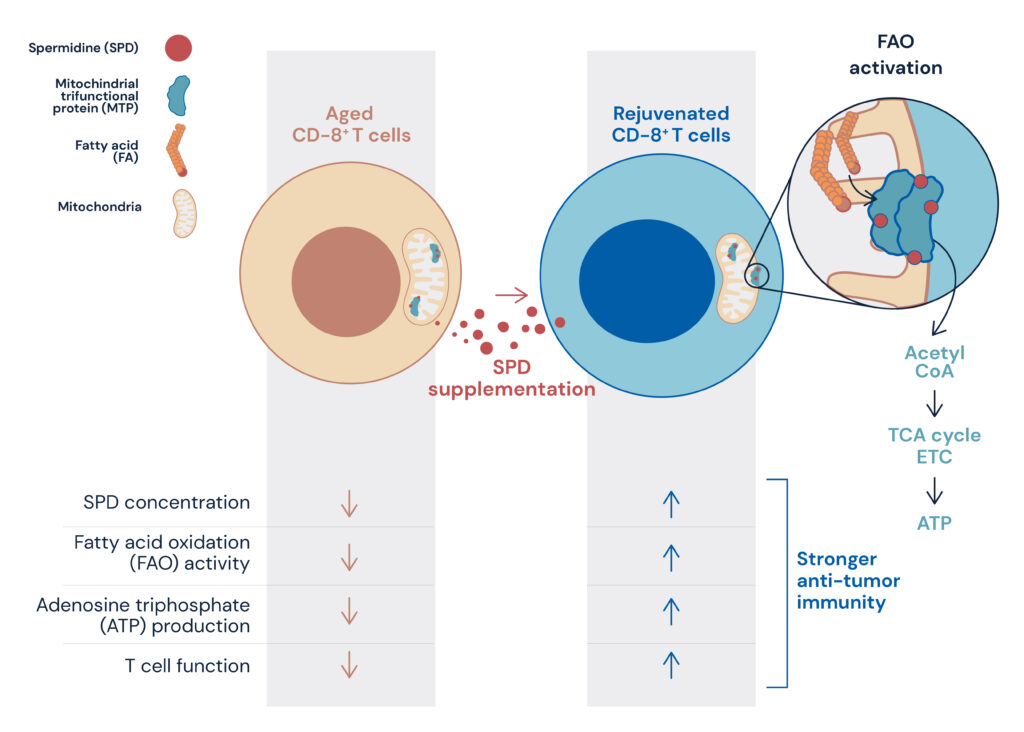Cancer and the Immune System
PD-1 is a protein expressed on activated immune cells (primarily T cells) that acts as a “brake” on T cell activity. Cancer cells escape T cell attacks by strongly expressing PD-L1, a ligand that stimulates PD-1 on T cells, thus suppressing T cell activity. With the advent of PD-1 checkpoint inhibitors, specially designed antibodies that prevent the PD-1 protein from blocking immune cells to fight cancer, the idea of enrolling the immune system in the fight against cancer has finally become a clinical reality. However, there are still cancer patients who do not respond to PD-1 antibodies, and further research is needed to improve existing approaches.
Focus Areas
Immunotherapy using checkpoint inhibitors has been applied to a broad variety of cancers and its high effectiveness is highly recognized. But there remain many challenges to be solved. Research at CCII focuses on the development of combination therapies as well as novel approaches to cancer immunotherapy that minimize side effects while maximizing anti-tumor efficacy. Toward this end, it is necessary to promote both basic and clinical investigations related to cancer immunotherapy. Further, we expect that research on cancer immunotherapy will help to clarify basic principles of complex biological phenomena.
Divisions, Labs & Researchers
Research at CCII is organized into six divisions, three divisions focused on fundamental research and three divisions focused on clinical and applied research, supported by two focus areas in analytical research, a “Multi-Omics Platform” and an “Informatics Platform”. The “Department for Genomic Medicine” is dedicated to industry-academia joint research and to our plan to make our new research building into an ideal place for their collaborations and joint research. An experimental animal facility in the basement of the building is available to all scientists at CCII and Kyoto University.


